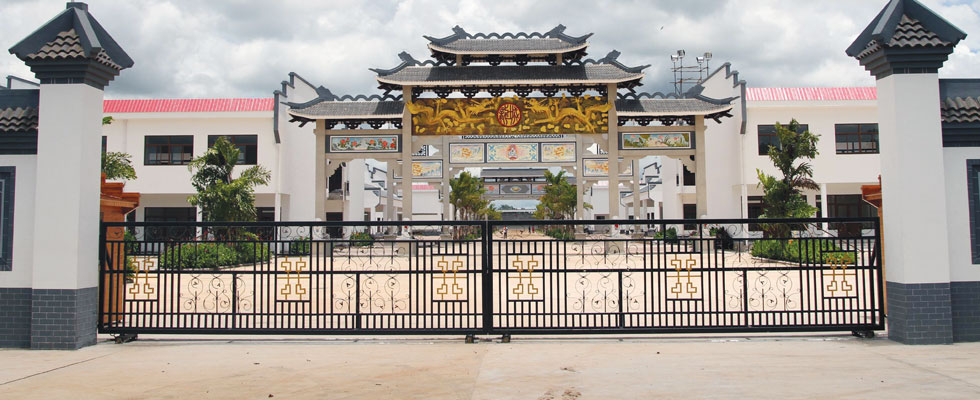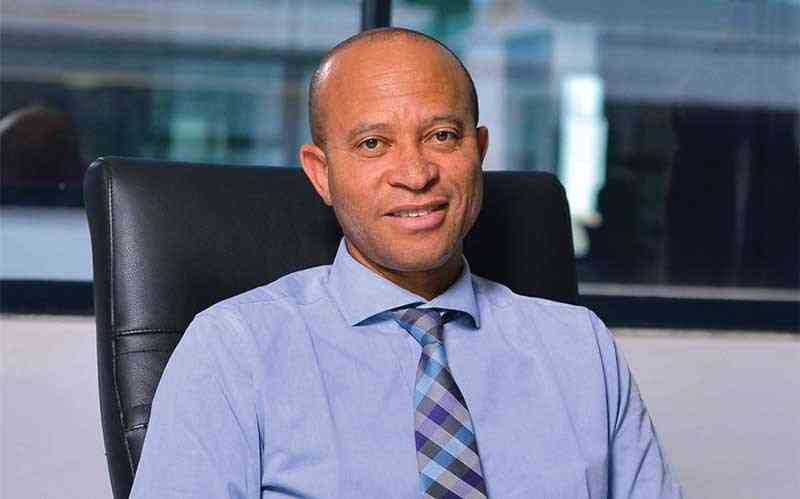
PLAYERS in the construction sector have called on the new government to put in place policies and laws that protect local contractors and help revive the sector.
BY OUR STAFF
Local contractors are facing stiff competition from well-funded foreign firms, mainly Chinese companies.
Former president of the Construction Industry Federation of Zimbabwe, Daniel Garwe last week called on government to put in place laws that protect local players in the construction sector.
“We now need laws that protect local players in the construction sector. There are many foreigners making a presence and taking advantage of opportunities in the market at the expense of local players,” said Garwe.
He said the sector was experiencing a dip because of the current liquidity crunch.
“There is nothing happening. We are a service industry, people focus more on basics such as putting food on the table and health, before turning attention to infrastructure, this adverse situation is not good for the industry,” he said.
Local contractors have been driven out of business by Chinese firms that are behind most major construction projects currently going on in the country.
- Chamisa under fire over US$120K donation
- Mavhunga puts DeMbare into Chibuku quarterfinals
- Pension funds bet on Cabora Bassa oilfields
- Councils defy govt fire tender directive
Keep Reading
Following Zimbabwe’s diplomatic standoff with Western countries more than a decade ago, Chinese contractors virtually took over the construction sector as government adopted a “Look East” policy.
The National Defence College, Long Cheng Plaza in Belvedere and the National Sports Stadium are among the major projects which Chinese companies constructed without any local sector participation.
Construction Technology Zimbabwe managing director, Kudzai Mutisi said local construction businesses were facing a host of challenges.
He said local players in the sector were facing low projects turnover and non-professional and unregistered contractors were flooding the market.
The industry continues to reel under critical funding constraints as local banks impose stringent borrowing conditions against the background of liquidity challenges.
Albert Kadende of Gazaf Building Contractors said the economic environment has not been conducive to local construction companies, as it was difficult to access finance.
“I think indigenisation should be fully applied in this regard, where foreign companies should become sub-contractors while local companies have access to major projects,” said Kadende.
Experts in the construction sector said South African contractors benefitted during the 2010 World Cup preparations because the country had clear laws that protected indigenous contractors.
A key construction law in South Africa is the Construction Industry Development Board (CIDB) Act 38 of 2000 which provides for the establishment of the board to implement an integrated strategy for the reconstruction, growth and development of the construction industry.
The Act further creates a register of contractors linked to a best practice contractor recognition scheme, and a register of projects linked to a best practice project assessment scheme.
Both these registers are central to the implementation of the integrated strategy.
“We should have laws in place stating that a certain percentage of work should be sub-contracted to locals or joint ventures set up. Under the circumstances, that is the only way we can grow as locals,” said Garwe.
Most players in the construction industry are using obsolete equipment and facing difficulties in accessing capital, placing them at a disadvantage when competing with well-funded foreign firms at tender bids.










